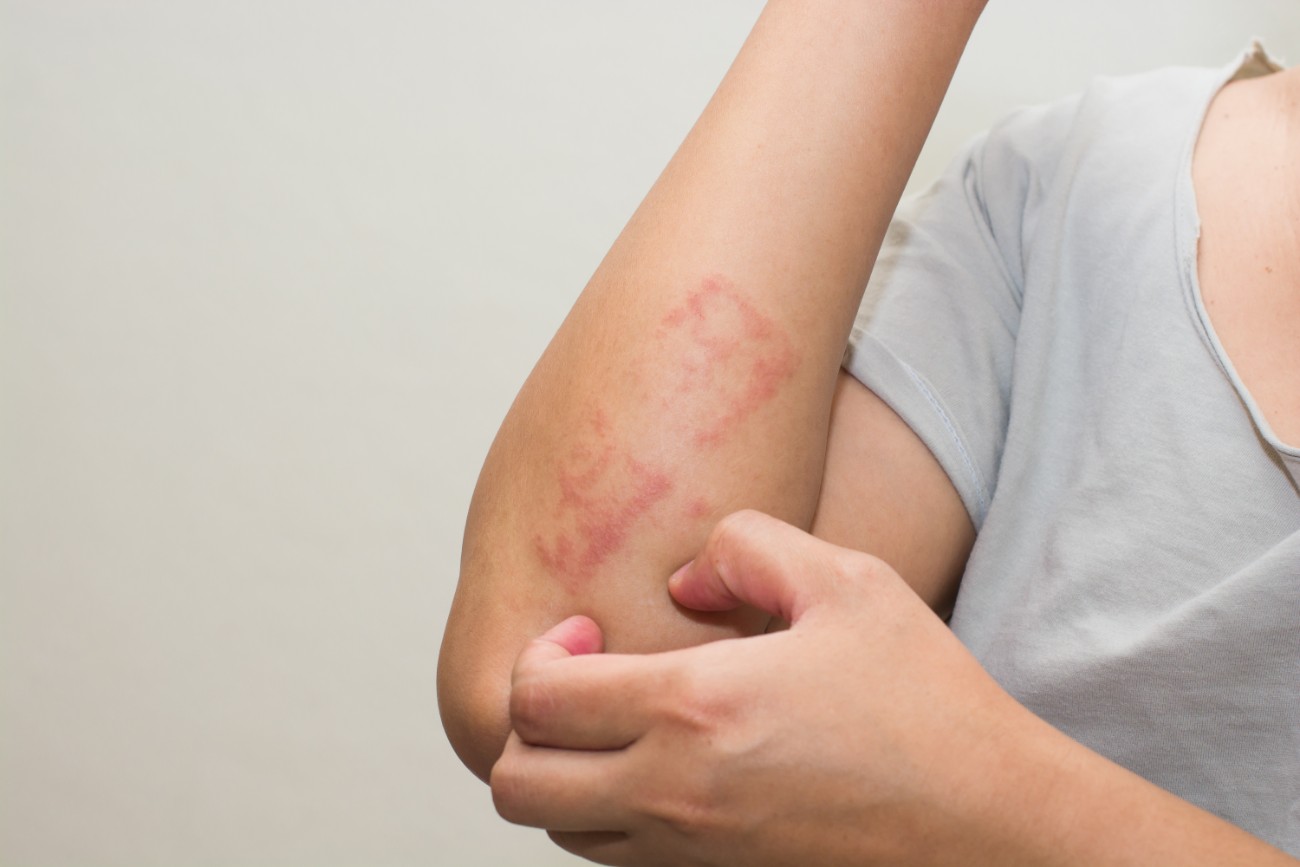One of the most common skin problems in the world is eczema. With over 31.6 million Americans estimated to have symptoms, this condition gives your skin uncomfortable itchiness and redness. There are several common symptoms that can be painful depending on the severity of your case. While there is no cure for eczema, you can learn how to manage your condition by searching online for treatments and talking to your doctor.
Recognizing the symptoms of eczema is the first step to properly treating it. If you’re experiencing itchiness and other skin problems, search online to see if they could be eczema related.
Here’s what you should know about eczema.
Signs and Symptoms
You can develop eczema at any age, though most adults experienced its symptoms during childhood. The cause is unknown, but it’s normal for people with a family history to develop it. It can develop on any parts of the body such as arms, hands, legs, and even the face. The areas of infection can vary from person to person.
The most common symptoms are:
- Dry and sensitive skin;
- Inflamed skin that appears red in lighter skin tones or gray, purple, or ashen in darker skin tones;
- Itchiness;
- Rough, leathery, pale, or dark-colored patches of skin, and;
- Oozing, crusting, or swelling
You can develop eczema on more than one part of the body, and symptoms may appear differently. Although it can be hard to resist, itching the skin can make your eczema a lot worse. You can potentially scratch the skin and develop open wounds that get infected. The good news is that this isn’t contagious so you can’t spread eczema to other people.
Types of Eczema
Although the symptoms of this skin condition are generally the same, there are different types of eczema. General inflammation of the skin is eczema, but you could be diagnosed with a specific type of it. The most common is atopic dermatitis, which usually appears in people with a family history of eczema. It’s chronic and long-lasting, and the severity can range from mild to severe.
There are six other types of eczema. Although eczema is an umbrella term, there are different triggers and potentially different symptoms for each type.
1. Contact Dermatitis
- Happens when the skin touches irritating substances or allergens such as solvents, detergents, fumes, or tobacco smoke.
2. Neurodermatitis
- Affecting about 12 percent of the population, this type causes intense itching and irritated nerve endings in the skin.
- Symptoms include itchy skin patches, leathery or scaly skin, and raised patches that are red or darker than the rest of the skin.
3. Dyshidrotic Eczema
- Small, itchy blisters on the edge of fingers, toes, palms, and soles of the feet.
- Can be triggered by stress, allergies, moist hands and feet, or exposure to certain elements like nickel and cobalt.
4. Nummular Eczema
- Itchy coin-shaped spots on the skin triggered by insect bites or as reactions to skin inflammation or dry skin in the winter.
- Common and can occur at any age, more difficult to treat.
5. Seborrheic Dermatitis
- Appears as dry, flaky skin or discoloration.
- Develops where there is a lot of oil-producing glands such as the upper back, nose, and scalp.
6. Stasis Dermatitis
- Occurs when there is a problem with blood flow in the veins and pressure develops, usually in the lower legs.
- Pressure can cause fluid to leak out of the veins onto the skin and cause this type of eczema
Diagnosing and Treating Eczema
It’s easy to get a diagnosis for eczema. There are no lab tests required, and your doctor should be able to diagnose you through examining your skin and reviewing your family history. To rule out other issues, they also might use patch testing.
Once you’re diagnosed, you will be given a topical treatment. This might include a corticosteroid cream or ointment that you would apply after moisturizing. It works to control itching and repair the skin. It’s important not to overuse this cream because it’s strong and could potentially lead to skin thinning.
Between outbreaks of eczema, you should keep your skin well hydrated to protect the skin’s moisture barrier. You might be able to use drugstore creams to treat the skin and leave your medicated treatments for when eczema is apparent.
Five drugstore creams to check out are:
- Vaseline Intensive Care Advanced Repair Hand Unscented Lotion;
- CerVe Moisturizing Cream;
- Curel Hydra therapy;
- Avene XeraCalm A.D Lipid Replenishing Cream, and;
- SkinClinical Extreme Healing Daily Treatment.
If your skin is severely damaged from eczema, you could also be given an antibiotic cream to fight bacterial infection on open sores or an oral drug to control inflammation. Make sure to schedule an appointment with your doctor to see if you need medicated cream that’s more effective than drugstore products.
Search Online For Eczema Treatments
Eczema is an uncomfortable and persistent skin condition. However, you can learn how to manage it properly so that it doesn’t negatively impact your everyday life. It’s important to resist scratching and further irritating the skin, as well as visiting your doctor for medicated cream that can help to control outbreaks.
Understanding your triggers can help you avoid eczema from flaring up. Make sure to ask your doctor for their recommendation on drugstore creams that you can apply daily to prevent an eczema outbreak. Search online for other healthy remedies to keep your eczema under control.
